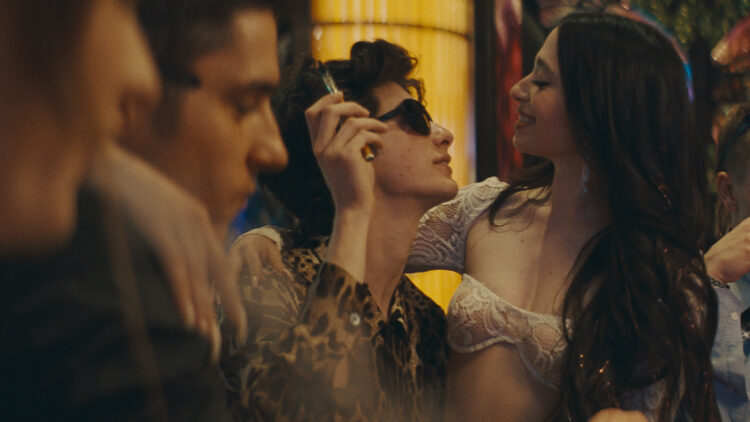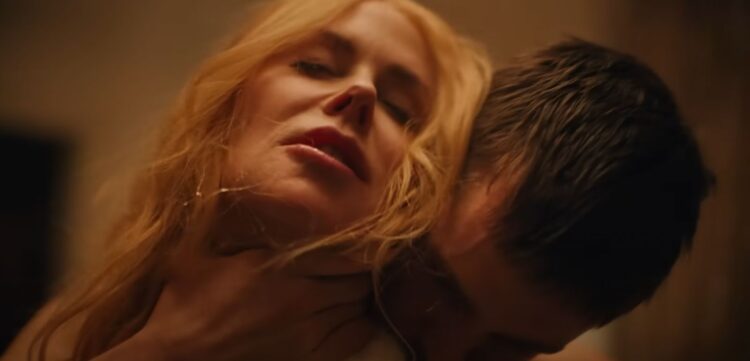

Following The Film Stage’s collective top 50 films of 2024, as part of our year-end coverage, our contributors are sharing their personal top 10 lists.
By the time this list is published, I will be an official inhabitant of Lyon, France, the fourth different city in the fourth different country I’ve lived in over the past four years. While packing my apartment in Madrid, I found myself playing comfort movies, rather than music, as background accompaniment. Having some of my favorite characters recite lines that have become part of my core memories gave me the strange sense of having something I have begun to crave more as I age: a permanent place to call home.
In fact, I need my film family to come live with me every time I arrive in a new city. In recent years I’ve developed a christening ritual: I unpack my clothes and objects and play The Wizard of Oz, Breakfast at Tiffany’s, Moulin Rouge!, Volver, and The Hours before I’m comfortable changing the “home” label on Google Maps to my new address.
Looking back at the films that defined my 2024, I realized they either take place or are about places, emotional and geographic, that have felt like home to me. Locations like the papier maché Mexico of Emilia Pérez, which evoked the same romanticism of the faux Paris Baz Luhrmann created in Australian studios for Moulin Rouge!, or the gentle sway of the waves and bossa nova in the Rio de Janeiro of I’m Still Here, a place I haven’t been to physically but imagined vividly listening to my father tell me stories about his college years in Brazil.
My favorite films of the year comprise a travelogue of my soul, filled with places that haunt my dreams and memories. Places I know I can return to whenever I need a friendly place to rest as I continue down my own yellow brick road.
Honorable mentions: Anora for making me miss my neighborhood in Brooklyn, The Brutalist for reminding me of the conversations I had with my former best friend about The Fountainhead, Flow for making me think of the adventures my puppy and I used to go through when I was a kid, and the duo of Igualada and Longlegs, because they represent the delightful dichotomy of my mother: the most fearless woman in the world who can only watch horror films during the day so they won’t frighten her.
10. Juror #2 (Clint Eastwood)
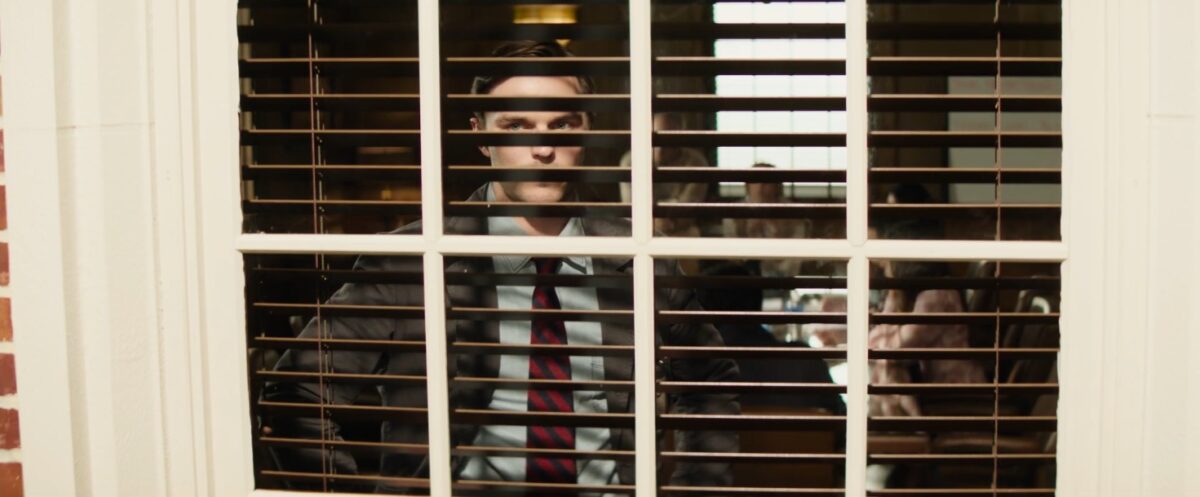
Some of the places I love are specific memories of going to the movies with people I love, like when my father took me to see Mystic River when I was a teenager. Sitting in complete silence after Laura Linney’s ominous transformation into Lady Macbeth gave way to the credits, my father and I got up and walked towards the exit. “That damn Clint,” he said, cutting through the eerie stillness like an arctic explorer making his way through thick glaciers only to realize all that waited for him was more ice. I felt the exact same way watching the expression on Nicholas Hoult’s face in the final shot of Juror #2, the flimsy concept of justice vanishing before my eyes. It was a punch in the gut and I’m still trying to recover my breath.
9. Nosferatu (Robert Eggers)
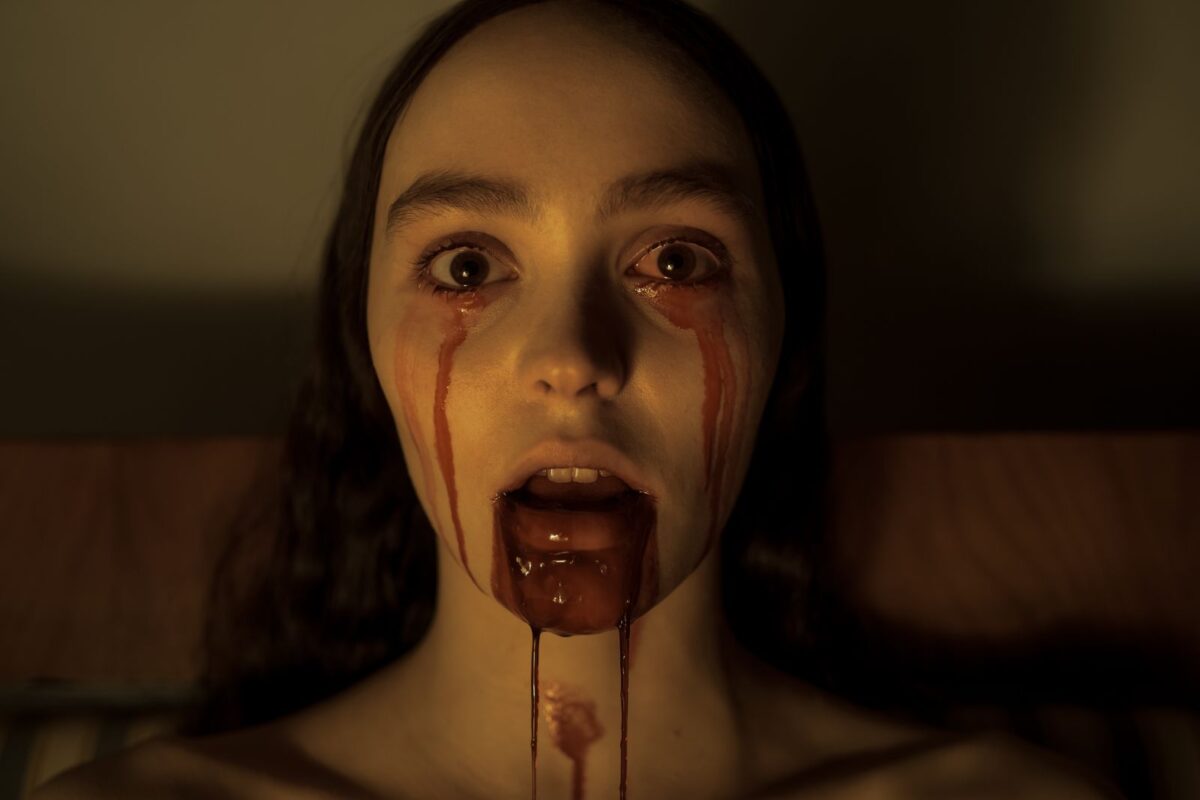
I was not expecting Nicholas Hoult to become the Dostoyevskian hero of my cinematic year and yet with two heart wrenching performances that tackle the blurry lines between good/evil and right/wrong, his piercing blue eyes became mirrors on which I could see parts of myself I’m only learning how to deal with. As a survivor of sexual assault, I found solace in the way his Thomas embraces every aspect of his wife Ellen’s (Lily-Rose Depp) past, especially her conflicting feelings about what the mysterious Count Orlok (Bill Skarsgård) means to her. Not long ago I woke up from a nightmare in which I opened my eyes only to find Nosferatu (the Max Schreck version mind you) lying in bed with me, when I watched Robert Eggers’ adaptation upon arriving in France, Depp’s delivery of “he is my shame,” stirred something horrible and deeply sensual in me. I don’t think I’ve seen a film that better captures the strangeness of living in the world as a sexual creature after surviving abuse.
8. I’m Still Here (Walter Salles)
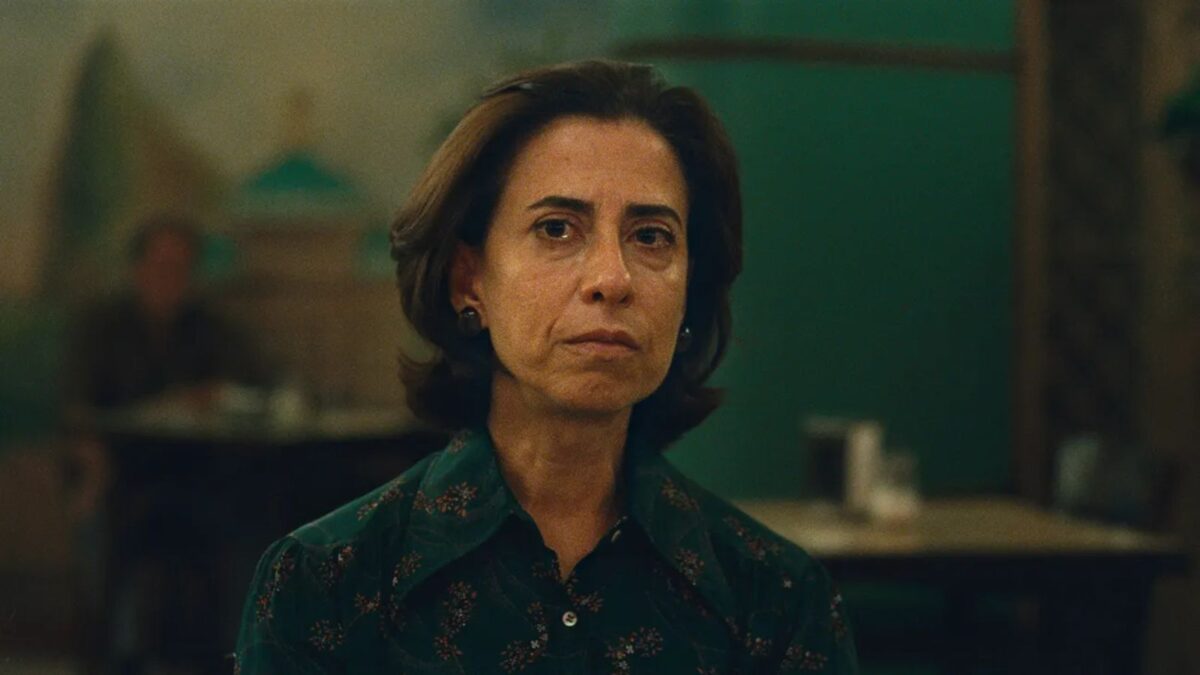
Like Igualada, Walter Salles’ biographical drama about Eunice Paiva’s (a riveting Fernanda Torres) battle to find out what happened to her husband Rubens (Selton Mello) after he was kidnapped during the military dictatorship in Brazil, made me think about my mother and my fear of losing her because she’s trying to make the world a better place. To this day, she keeps working to protect the rights of indigenous populations, domestic violence survivors, and potential victims of human trafficking in a country that seems to despise the concept of justice. Just like Eunice, I know she will spend the rest of her life doing that, which makes me be in constant awe of her, while appreciating and delighting myself in every second I get to spend with her, absorbing the kindness and wisdom she exudes as she courageously defies injustice.
7. The Substance (Coralie Fargeat)
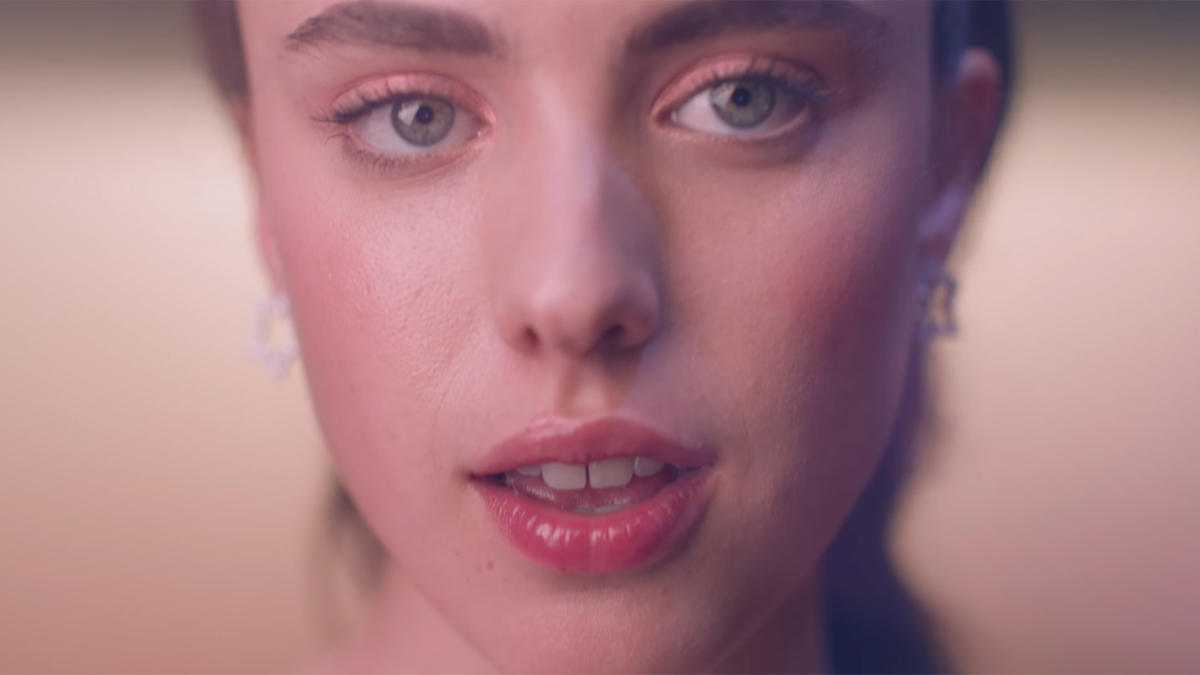
Growing up I loved Greek mythology and classic Hollywood movies about tragic women, which is why Coralie Fargeat’s Medusa-meets-Sunset Boulevard tale struck such a chord with me. Watching Demi Moore, who I adored in Ghost, excavate her character, Elisabeth Sparkle’s, fears of aging, irrelevance, and loneliness transported me to the still nights where I spent hours wondering about the journeys my favorite mythological heroes had taken to join the constellations. The last scene in Fargeat’s film, which I found more sad than scary, gave me a new heroine to add to the pantheon in my imagination.
6. Chronicles of a Wandering Saint (Tomás Gómez Bustillo)
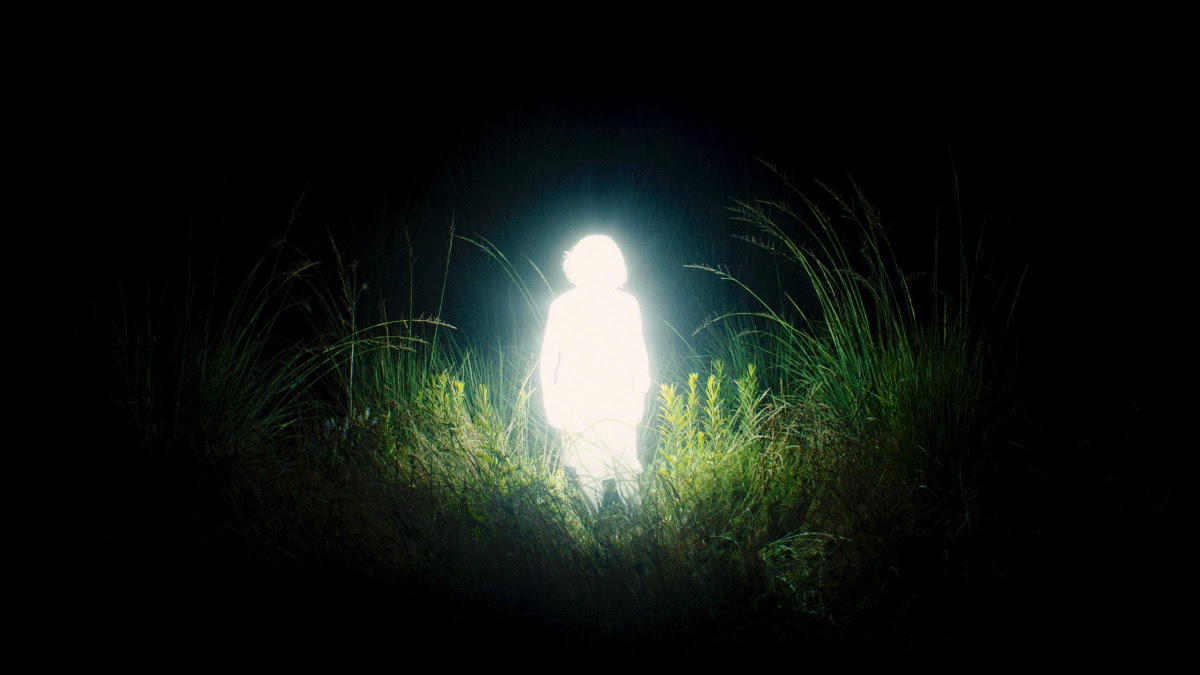
Along with the mythological characters of Greece, I was fascinated with Catholic saints and loved accompanying my great-grandmother to Holy Week processions. I was enamored by the lavish gowns worn by the Virgin Mary, I often think of the long velvet cape beaded with pearls, worn by Our Lady of Solitude in the Procession of Silence, an event that happened after midnight on Good Friday where I must have been the only child surrounded by adults in funeral clothes. I was not allowed to stay up for Santa, but my great-grandmother had no issue holding my tiny hand as we traversed the silent city along with Mary as she returned from burying her son. Tomás Gómez Bustillo’s dramedy transported me to those strange nights where the worlds of the dead and the living seemed to become one.
5. Emilia Pérez (Jacques Audiard)

Perhaps it’s no coincidence that Jacques Audiard’s Spanish-language opera also culminates in a procession where mourners join a divine mother figure who has achieved transmigration. I felt grateful to have seen the Mexico-set Emilia Pérez in a Madrilenian theater, where audience members became procession attendees as we made our way out of the movies while the credits rolled. Our mobile phones took the place of candles as we seemed to move in complete synchronicity. No one dared to utter a word, breaking the silence felt sinful. Then someone started humming the melancholy melody of “Beatificación” and we all joined in, a reminder of the divine power of watching movies in community.
4. Close Your Eyes (Víctor Erice)

Víctor Erice’s first feature in three decades was also composed of cinematic moments that become collective memories. Using film as a portal into the soul turned Close Your Eyes into the kind of film that feels as if it has always existed. I’ve watched it a few times in cinemas and in my house, and I can never shake off the feeling that this film knows things about me I’ve yet to discover.
3. Babygirl (Halina Reijn)
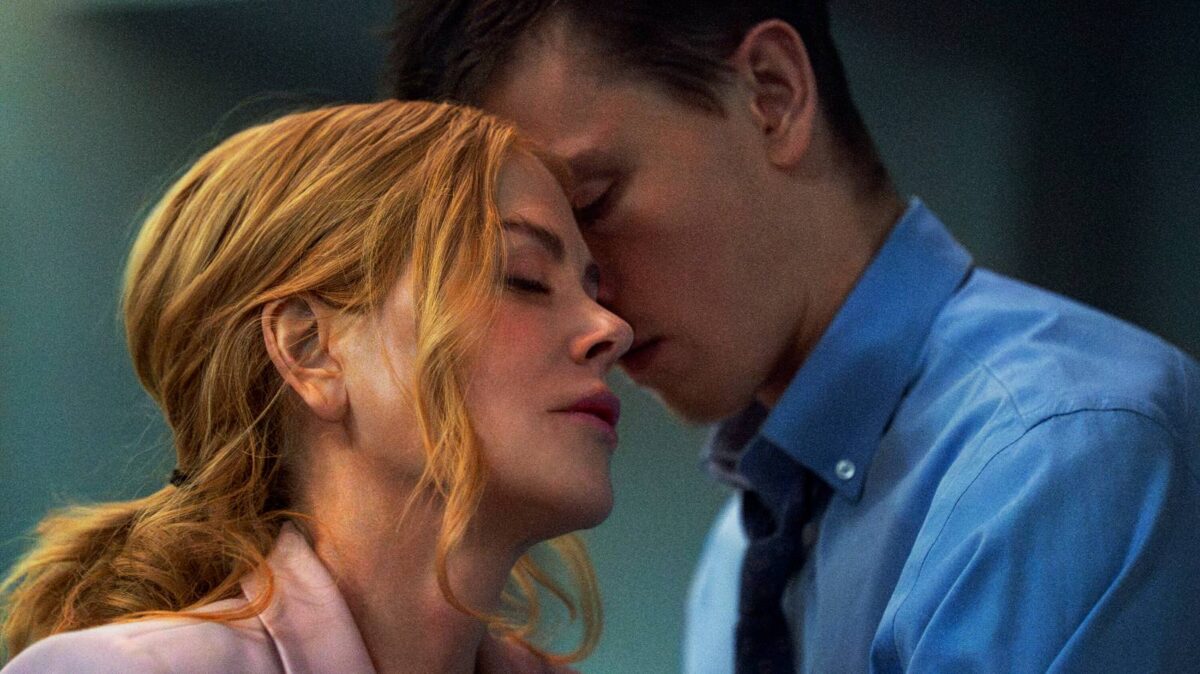
I spent so much of my 20s discovering the limitlessness of pleasure and I can not think of a better place to have had that happen to me than New York City. Although I definitely will not enter sexual confessional territory, I don’t kiss and tell, I was moved and exhilarated by the honesty with which Halina Reijn’s Babygirl allows its heroine, Romy Mathis (Nicole Kidman) to realize that pleasure is not bound by age, class, or gender. Seeing Kidman at the top of her game, proving that even your favorite actors can often reveal layers you never imagined, became analogous to the joy of discovering bodily pleasure. Cinema as nirvana.
2. The Room Next Door (Pedro Almodóvar)
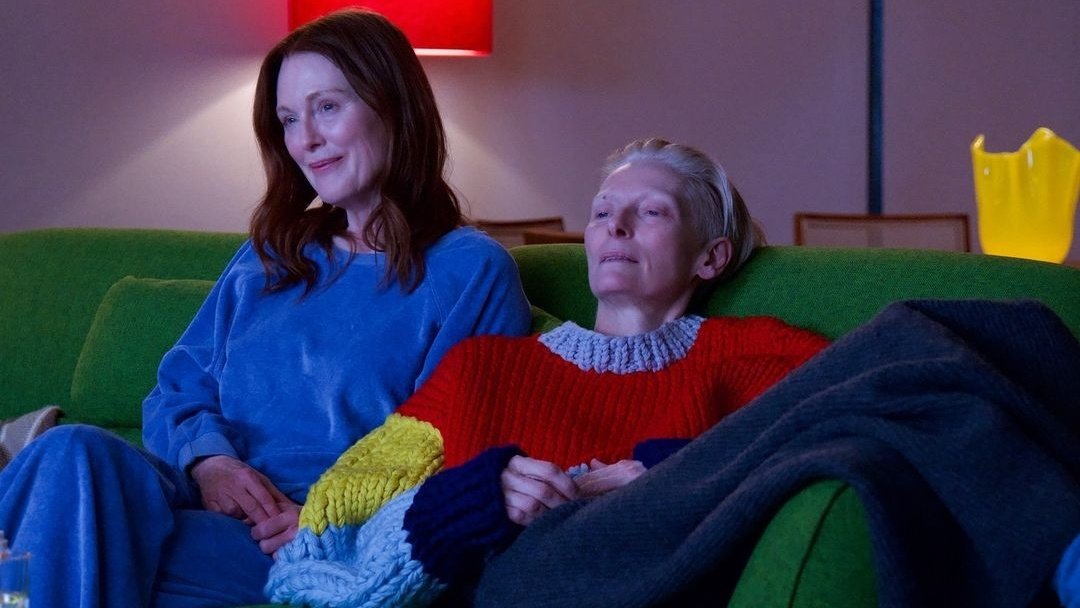
It might sound disingenuous, but after leaving in 2021 I hadn’t missed New York City until I saw Pedro Almodóvar’s The Room Next Door. I certainly miss the people I love and don’t get to see often, but having learned to become so detached from places, it’s rather strange for me to miss specific geographic locations. That changed as I watched the Rizzoli bookstore, that garden I loved so much in the West Village, and Film at Lincoln Center, Pedro’s NYC is my NYC. His delicate tale of two friends (played by Julianne Moore and Tilda Swinton) coming to terms with mortality, his hat tip to The Hours in the shape of a mirrored bookend, and that magical scene with pink snow turned into particles I instantly embedded into my soul.
1. Wicked (Jon M. Chu)
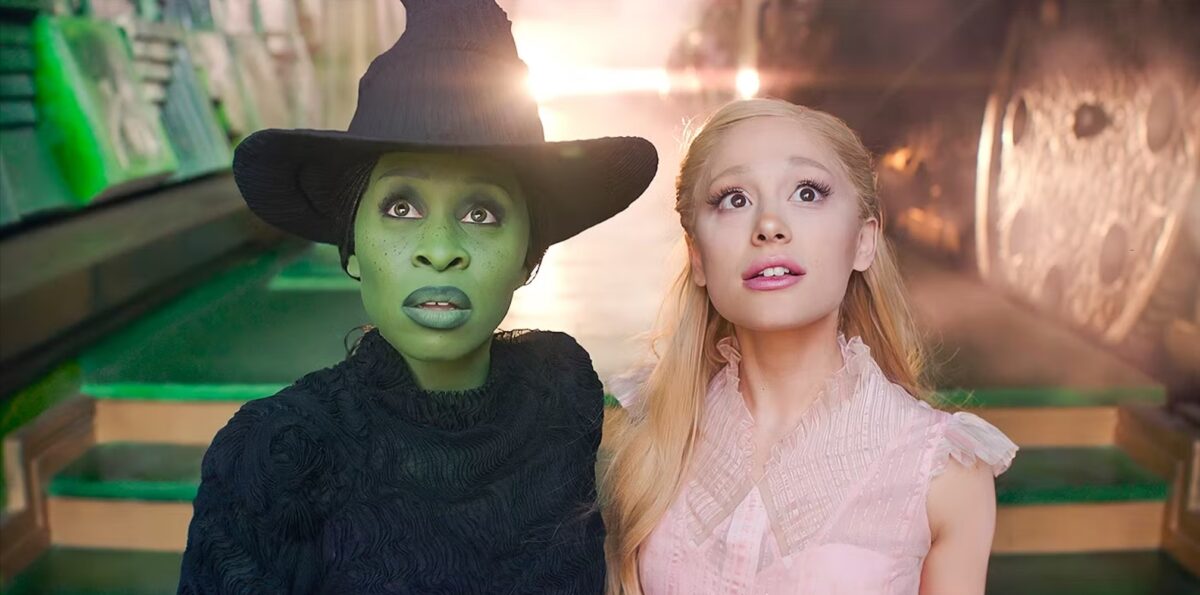
Although I rarely miss specific places, ever since I watched The Wizard of Oz I’ve dreamed of arriving there. My father loves telling the story of how after watching Twister as a child I commented I wasn’t worried about the people carried away by tornadoes because they would arrive in Oz. In the decades since, I’ve written myriad pieces about my love for Oz (it’s even part of my official critic bio), I’ve watched the film more times than I can count, and I even have a Judy Garland tattoo on my arm that holds a special spiritual meaning. The film adaptation of Wicked came out at a time when my future seemed to be in limbo, I wasn’t sure where I was headed but knew I had to head somewhere new. Attending the film on opening night made me feel at ease for the first time in months. I went back on two consecutive days and have seen it in three different countries now, because nothing can go wrong in Oz. During a year when I endured unfathomable personal loss (I hadn’t realized my two favorite films deal with the end of meaningful relationships, death, and grief) Wicked gave me strength to keep going. Watching Cynthia Erivo and Ariana Grande gloriously inhabit characters that have been with me my whole life felt like a pat in the back, the reassurance I needed that if bluebirds, green witches, and flying monkeys can fly beyond the rainbow, so can I.
The post Jose Solís’ Top 10 Films of 2024 first appeared on The Film Stage.


